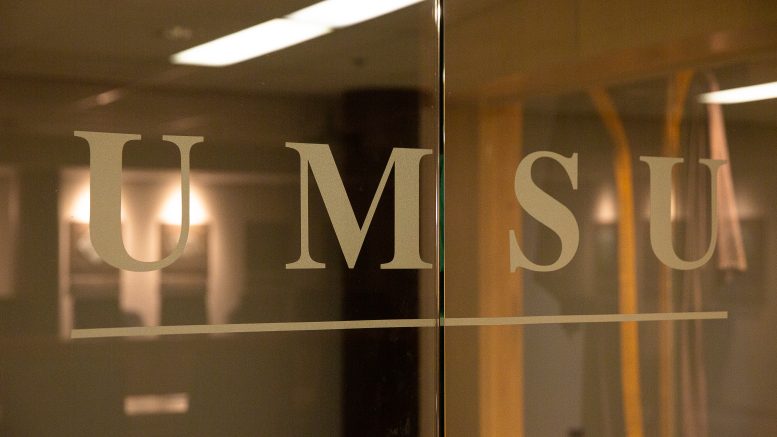Several breaches of non-disclosure agreements (NDAs) from last year’s UMSU board of directors have led the organization to re-vamp its NDA.
During the Sept. 28 UMSU board of directors (BoD) meeting, vice president finance & operations Vaibhav Varma introduced Richard Buchwald, part of the union’s legal counsel, to speak to the board members about the NDAs they are required to sign.
An NDA is a legal contract that creates a relationship between parties where sensitive information may be disclosed confidentially. NDAs ensure that the signing individual does not share the information with anyone outside the established parties.
As Varma, and later Buchwald, explained, the NDAs that the UMSU board had signed previously had been “lacking in several areas.” Buchwald drew attention to the section that referred to the privileged information disclosed during closed sessions.
The Manitoban obtained three judicial complaints from the 2022-23 academic year that were circulated among the UMSU board. One of the complaints concerned the then-judicial chair’s alleged breaching of their NDA.
Buchwald said that breaching confidential information causes an “air of distrust” and “undermines the integrity” of the organization. One example he put forward was that last year, BoD members were texting others who were outside a closed session, “providing, basically, a play-by-play of what was going on.”
UMSU president Tracy Karuhogo confirmed that last year’s breaches were the cause for the renewed NDA.
Karuhogo explained that every board member must sign the updated NDA, and members that are on various committees, like judicial or financial, must sign additional committee-specific NDAs. According to Karuhogo, BoD members are expected to maintain confidentiality even after their time at UMSU.
The renewed NDA is four pages in comparison to last year’s one-page document. Unlike the previous NDA, the new agreement outlines what information is confidential including finances, marketing and potential legal matters.
The revamped NDA clearly defines what BoD members are not allowed to do with the information they receive. This includes not disclosing confidential information to anyone outside of closed sessions and refraining from making unauthorized copies of any documents that contain confidential information.
Section seven of the NDA addresses consequences for any individual who breaches the contract. While both the the previous NDA and the current agreement address breaches, the last year’s had more generalized consequences such as removal from the board, or legal action if deemed necessary. The new NDA is more specific, explaining that UMSU is entitled to seek injunctive or other reliefs for breaches. An injunctive relief is a court order to engage or stop engaging in a certain act while litigation proceedes. Should a BoD member breach their NDA, UMSU has the right to seek legal action against the person, as “monetary damages might not be a sufficient remedy.”
Karuhogo said that legal action will be taken depending on the “gravity of the situation.”
“We’ve just tried to stress the importance of the NDAs to all the board members, and [are] just hoping for a different year this year,” she said.


